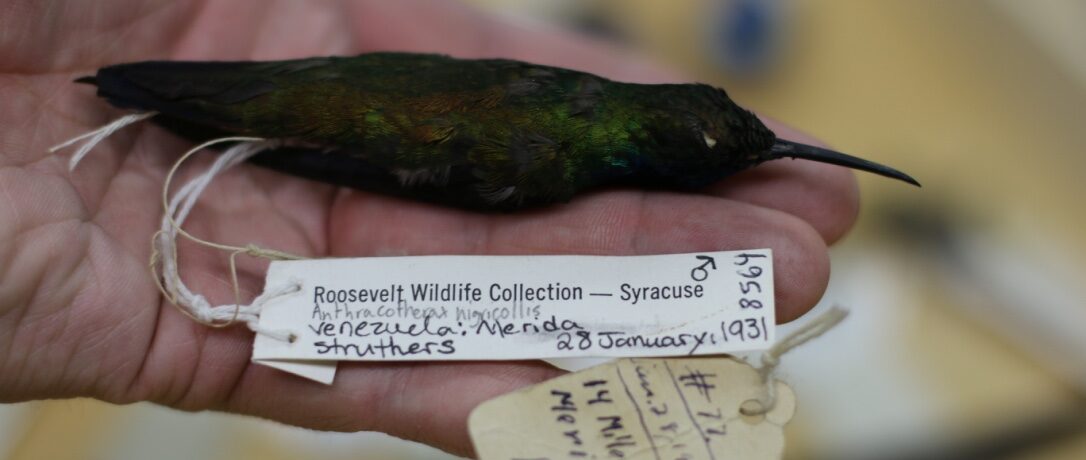According to a recent news report, data gathered from museum collections played a critical role in informing a new ruling from the U.S. Fish and Wildlife Service that designates 190 miles of streams and rivers in Florida and Georgia as critical habitat for a rare species of freshwater mussel once thought to be extinct. The critical habitat designation confers additional protections for the species under the Endangered Species Act.
Populations of the Suwannee moccasinshell, Medionidus walkeri, have been steadily declining over the past several decades. Researchers at the Florida Museum of Natural History, Florida Fish and Wildlife Conservation Commission, Georgia Department of Natural Resources, and the U.S. Geological Survey analyzed museum specimen data to establish how widespread the species had once been and to determine the extent to which its numbers had diminished. Museum data is critical in providing the historical context of where these things are and how abundant they were. Otherwise, we wouldn’t have a clue as to what’s out there, said Jim Williams, a research associate at the Florida Museum involved with the study.

